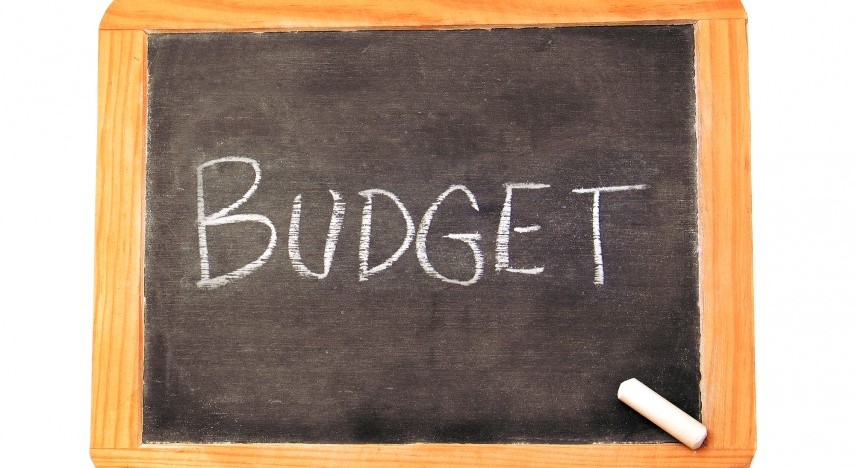#Budget2017: Real Estate Sector Demands Simple And Effective Norms

Overall 2016 was a very diverse year for the real estate industry. Throughout the year, the commercial and residential market especially the luxury industry had to struggle a lot and will still take time to revive from demonetisation. The commercial market did revive substantially with increased demand and investments from international funds. The most optimistic sector in the housing market is the affordable sector which flourished the most with an upsurge in new launches and sales. One of the major announcements was of the Real Estate (Regulation & Development) Act 2016 (RERA), which is expected to be profitable for both customers as well as builders, will bring about a great deal of transparency. Some of the other laudable announcements made last year were the launch of Smart Cities and Housing for All 2022 under Pradhan Mantri Awas Yojana (PMAY).
Though the 2016 -17 budget had a very positive effect on the real estate sector with introduction of 80-IBA, tax free status for affordable housing, but the impact will only be visible next year since the affordable housing projects of most builders are still in the approval stage and will commence this year. The entire industry is awaiting Union Budget 2017 with high expectations. We hope the Union Budget will have some interesting incentives for the real estate sector. We are expecting the government to look into the corporate and personal taxation slabs to be brought down substantially in the upcoming Budget along with introducing some benefits for the home buyers in the affordable housing segment.
Key expectations from budget 2017
- The current cut off year for approvals under the 80- IBA tax-free scheme is 2019, to be completed within three years from then which works out to 2021, we expect the deadline of 2019 to be extended for affordable housing by at least 5 years if not indefinitely. The affordable home projects are large and taking into account the lengthy approval process, it poses an immense challenge for completion of these projects by 2022.
- Industry Status to be finally given to the Housing sector. Directly or indirectly, the real estate sector contributes to over 15% of India's GDP, thus making it vital for this sector to get industry status which has been long overdue. In its absence, developers are forced to borrow at high-interest rates and comply with a stringent evaluation process. Unavailability of funds at a reasonable rate of interest delays the construction process and increases the final cost of homes, negatively impacting the end consumer.
- Single window clearance to make approvals faster thus reducing the cost for the developer and ensuring faster and timely deliveries.
- Clarity on beneficiaries under PMAY- The government recently announced that interest rate of three per cent would be applicable on loans of up to Rs 12 lakh and four per cent on loans of up to Rs 9 lakh, under PMAY. Now, two new income categories can avail higher loans with interest subsidies. The Budget should give more clarity on the actual definition of beneficiaries who can avail of these benefits.
- IT sops for first time home buyers- Increase the maximum deduction of interest under 80C from the current Rs 2 lakh to at least Rs 5 lakh.
- Digitise all land records and registration process to make them easy and transparent.
- Implement RERA at the earliest to bring in more transparency and trust within the sector.
- Allow Banks to fund a purchase of land. Currently, developers have to borrow at a high cost, even up to 24 per cent for land purchase. With the financial institutions' support in funding the land, there could be a substantial reduction in cost to the developer, which will in turn definitely benefit the end user.
Mudhit Gupta is the CMD of EMGEE Group. The company, which was established in 2002, is based in Mumbai and has residential and commercial projects in Mumbai, Khandala, and Goa. With over two decades of experience in luxury real estate, EMGEE Group has now ventured in the affordable housing segment. The company has recently acquired over 100 acres of land parcel near Mumbai and plans to spend nearly Rs 1,600 crore to build 25,000 affordable homes over the next five years in the first phase.